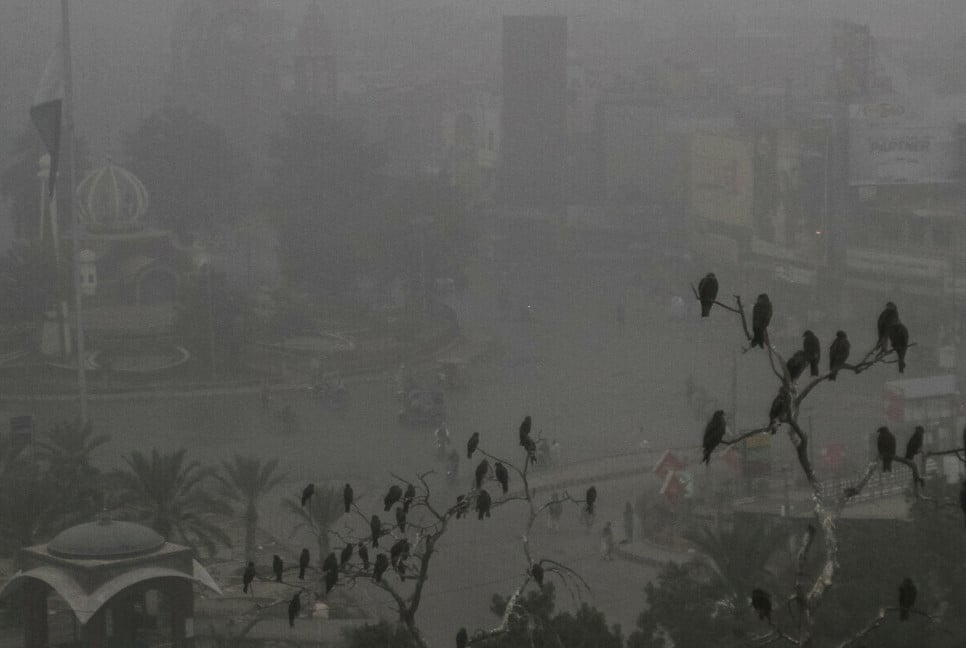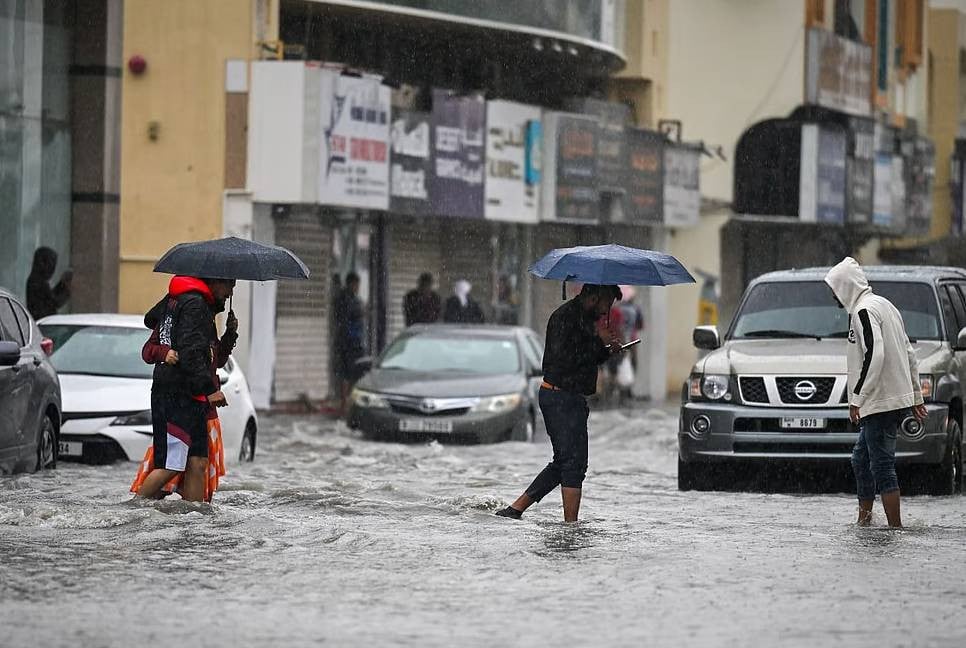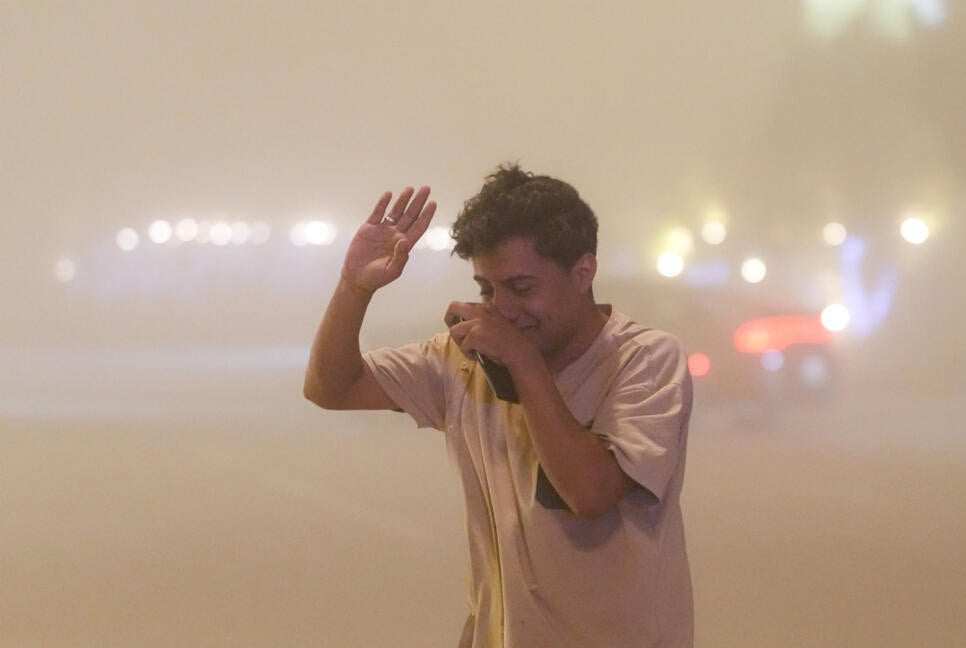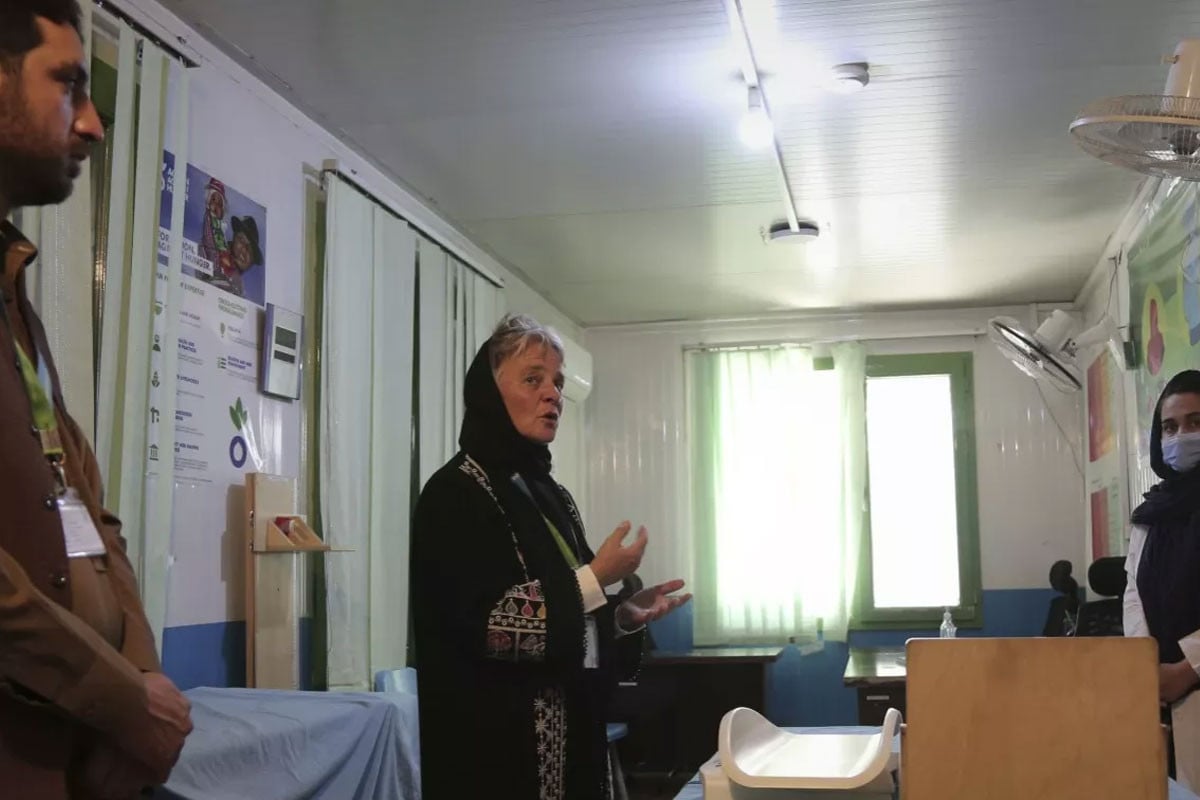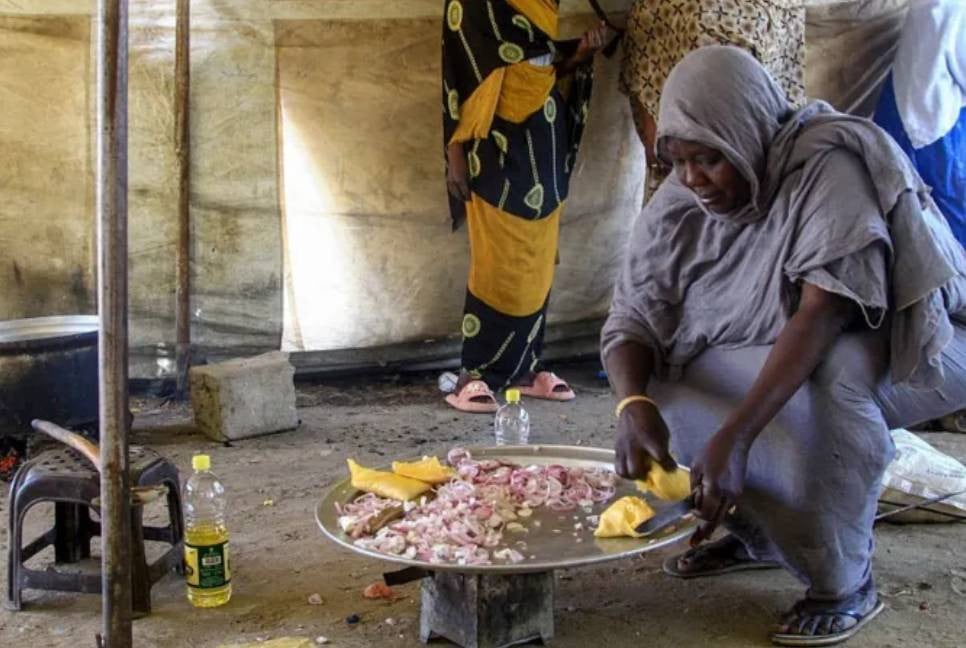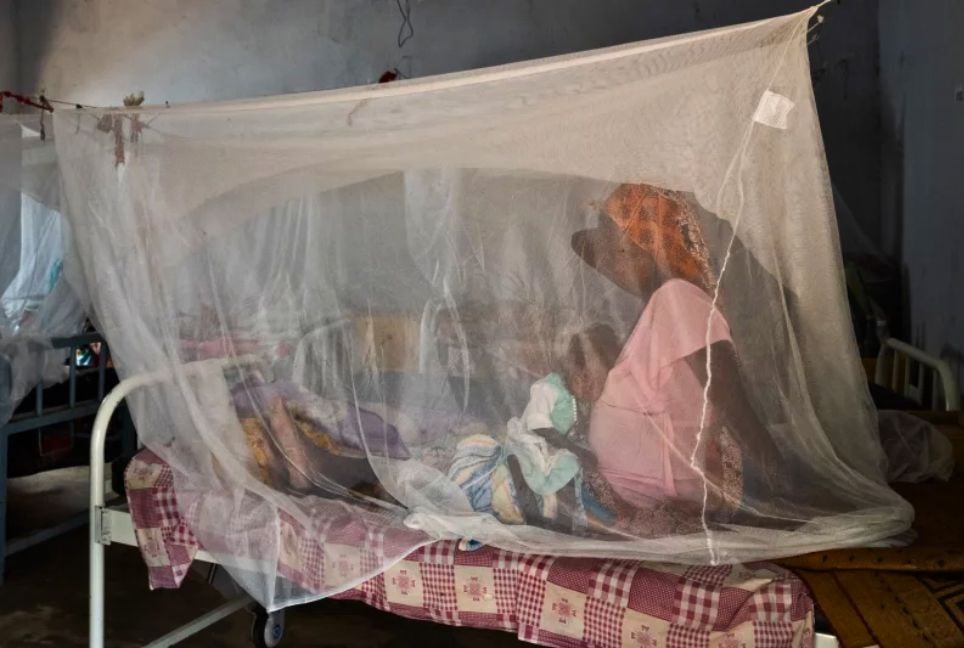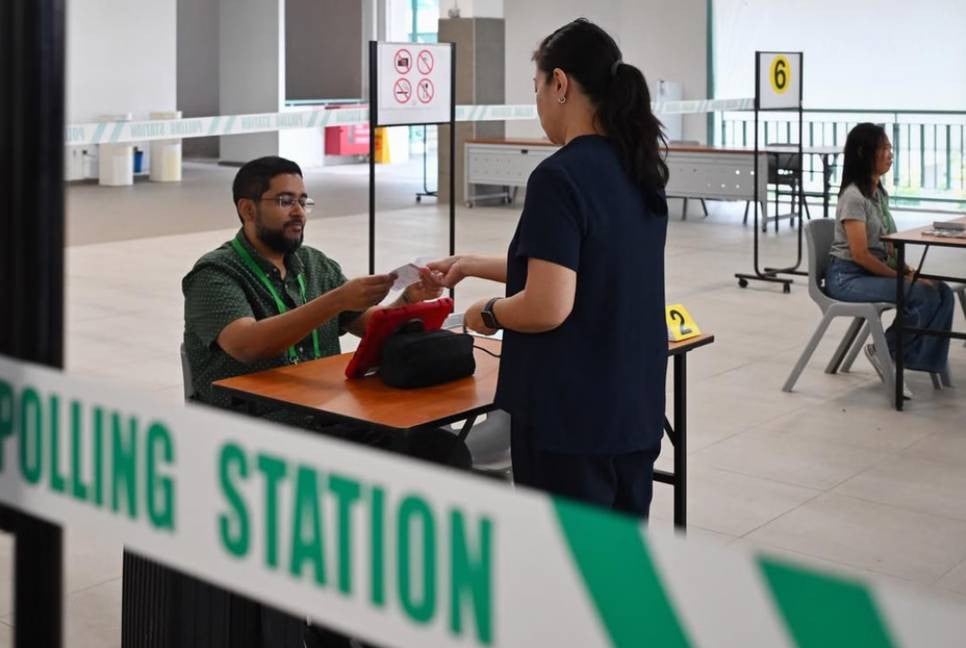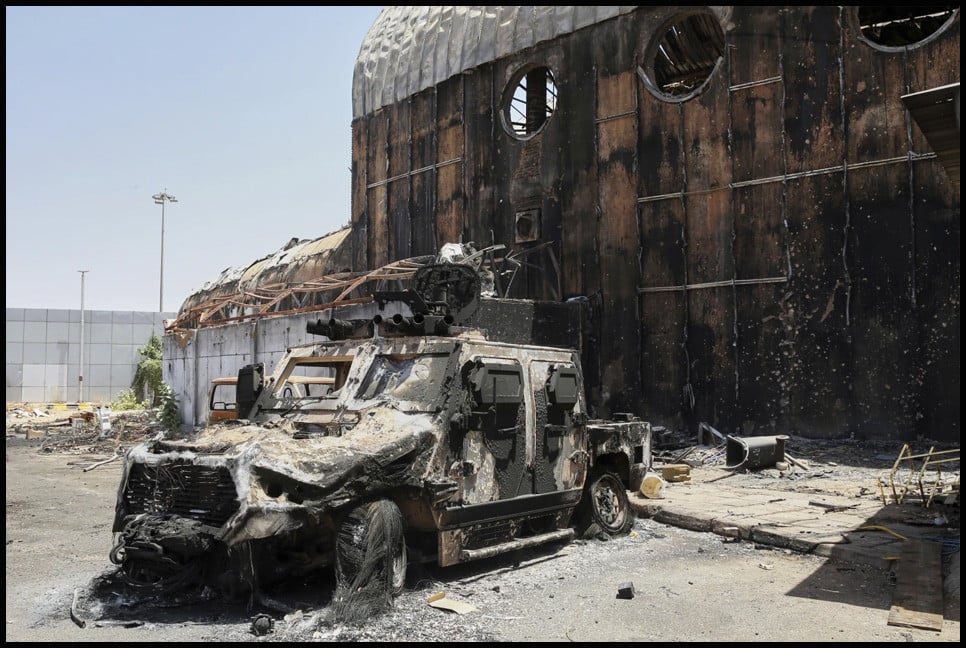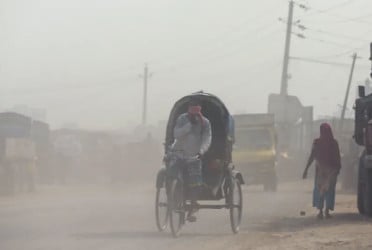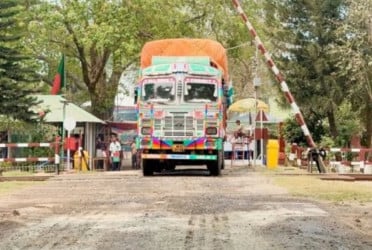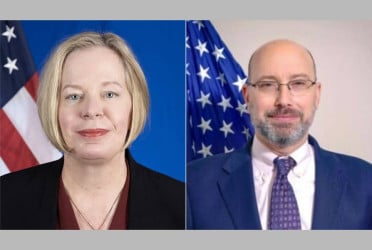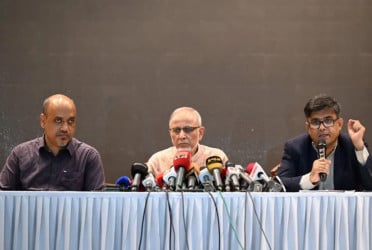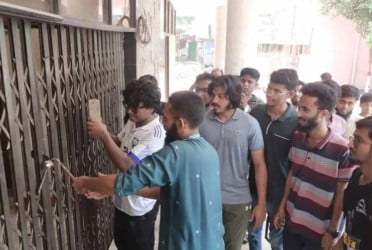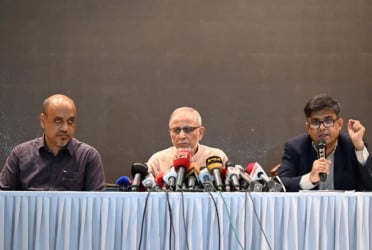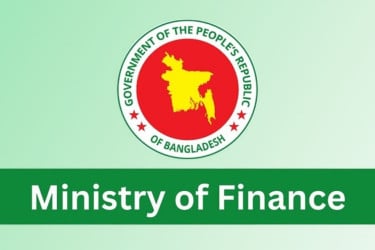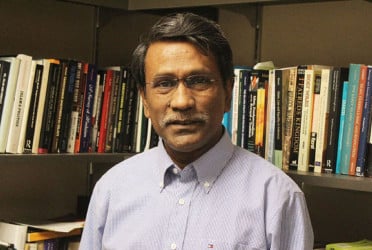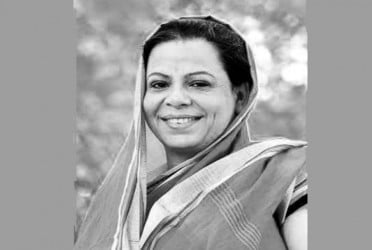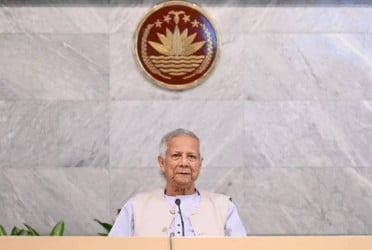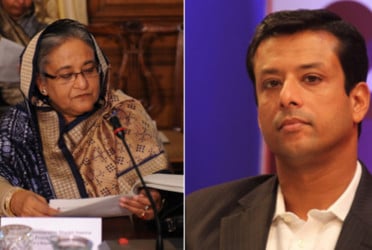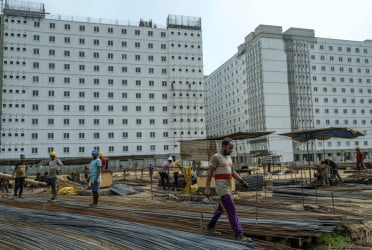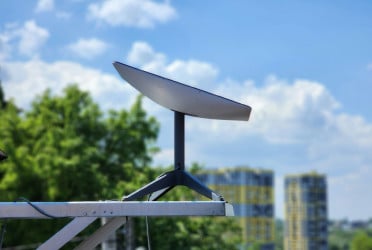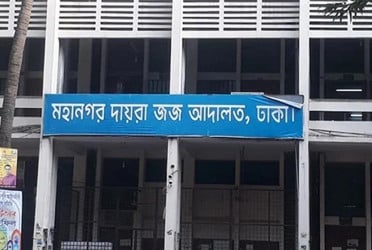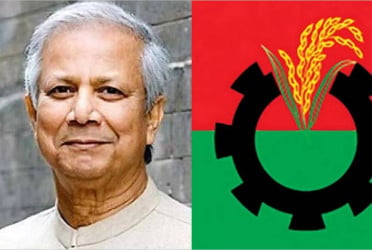The Punjab government has declared a health emergency in Lahore and Multan due to the severity of smog in the region. A “complete lockdown” will be enforced in these cities from Friday to Sunday in response to the worsening air quality.
Dense smog, driven by toxic pollutants, has blanketed several cities across Punjab in recent weeks, with Lahore and Multan facing the most intense conditions. The Air Quality Index (AQI) in Multan has surpassed 2,000 on two occasions, setting a new record for air pollution.
“We are declaring a health emergency in Lahore and Multan,” provincial minister Marriyum Aurangzeb announced at a press conference on Friday.
The Punjab government has announced a series of measures to combat the severe smog affecting Lahore and Multan, including a complete lockdown on Fridays, Saturdays, and Sundays in both cities.
In addition to the lockdown, construction activities in Lahore and Multan have been suspended for 10 days, and vehicles carrying construction materials will be halted at the cities' entry points.
Provincial minister Marriyum Aurangzeb also confirmed that the closure of schools will be extended, while colleges and universities in both cities will switch to online classes. Private and government offices will operate with only 50 percent of staff working from home. Restaurants will be allowed to remain open until 4 p.m., with takeaway services permitted until 8 p.m.
“We are not imposing restrictions on weddings during this smog season but are preparing for next year,” Aurangzeb said. She also urged citizens to avoid outdoor events as part of efforts to mitigate the health risks posed by the smog.
Late on Friday, the provincial Environmental Protection Agency (EPA) issued a notification outlining new restrictions in response to the ongoing smog crisis.
The EPA stated that the smog situation is “likely to prevail for a few weeks,” and emphasized the need to “reduce the number of vehicles on roads and restrict construction activities.” As part of these efforts, schools across Punjab, which are already closed, will remain shut until November 24.
A complete ban will be enforced on the entry of heavy transport vehicles into Lahore and Multan. However, vehicles carrying fuel, medicines, and food supplies, as well as buses with official certification, ambulances, fire brigades, and vehicles from Rescue 1122 and the police, will be exempt from the ban.
The lockdown restrictions will not apply to essential services, including pharmacies, medical facilities, petrol pumps, oil depots, tandoors, flour mills, dairy shops, call centres, postal services, and utility companies. These sectors will continue to operate as usual during the lockdown period.
The minister acknowledged that the ongoing smog has led to a significant increase in patients suffering from respiratory illnesses.
To address the surge in cases, the timing for outpatient department (OPD) services has been extended until 8 p.m. at hospitals, which have also received supplies of essential medicines for respiratory conditions.
Ambulances have been equipped with breathing apparatus, and hospital staff leave has been cancelled to ensure adequate care. Citizens have been advised to wear masks and avoid unnecessary travel, especially on motorcycles.
As part of the response, special counters for smog-related diseases will be set up in both government and private hospitals, according to the EPA notification. Rescue 1122 will prioritize calls related to smog-related health issues, while the health department is working to ensure an adequate supply of medicines for treating respiratory and other smog-induced illnesses.
Describing smog as a "health crisis," the minister stated that pollution is now spreading to other districts in Punjab.
She revealed that a 10-year policy has been developed to tackle the crisis, with government departments given specific targets to address the growing problem.
"Twelve AQI calculators have been installed in Lahore, and 50 more will be deployed across Punjab this year," she added.
The minister expressed concern that Lahore currently has only 3% green cover, far below the required 36%. “The government plans to launch a citywide green plantation drive,” she announced.
She acknowledged that smog would not dissipate in six months or even a year, emphasizing that the government is implementing both short- and long-term strategies to tackle the issue.
Once again, the minister highlighted the cross-border nature of smog, calling on both Pakistan and India to jointly “address this environmental crisis, which concerns lives and health.”
She also stated that she would seek to brief the Lahore High Court on the government’s smog policy, noting that the issue is driven by "transport, agriculture, energy, our habits, our behaviour and our actions towards nature." The minister mentioned that several measures have already been implemented to combat smog.
In a significant move to address the smog crisis, the agriculture department has provided 1,000 super seeders to farmers for the first time, enabling them to dispose of stubble without burning it.
Additionally, around 800 brick kilns have been demolished as part of efforts to reduce pollution, and work to expand Lahore's forest cover is ongoing, the minister confirmed.
To further combat emissions, three vehicle fitness certification stations have been set up at Kala Shah Kaku and Thokar Niaz Baig. Smoke detectors have also been distributed to traffic police to identify and monitor vehicles with high emissions.
On Friday, the Punjab government successfully conducted a trial of artificial rain using local technology.
The Meteorological Department confirmed that the cloud seeding experiment, which took place in Jhelum, Chakwal, Talagang, and Gujar Khan, resulted in rainfall in Jhelum and Gujar Khan. The experiment, carried out at 2 p.m., led to rainfall in both areas within hours.
“There is also a strong likelihood of rainfall in Lahore after this experiment. The artificial rainfall will significantly help reduce smog,” the Meteorological Department stated.
The artificial rain experiment was conducted in collaboration with Army Aviation, the Punjab Environmental Protection Agency (EPA), and Suparco, according to officials.
Both Minister Marriyum Aurangzeb and Chief Minister Shahbaz Sharif extended their congratulations to all the institutions and scientific experts involved in the successful cloud seeding trial.
(Source: DAWN)
BD-Pratidin English/Mazdud

